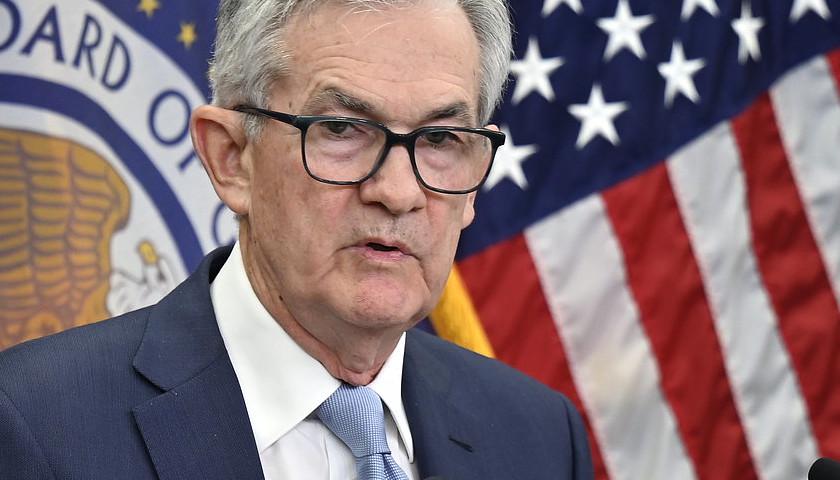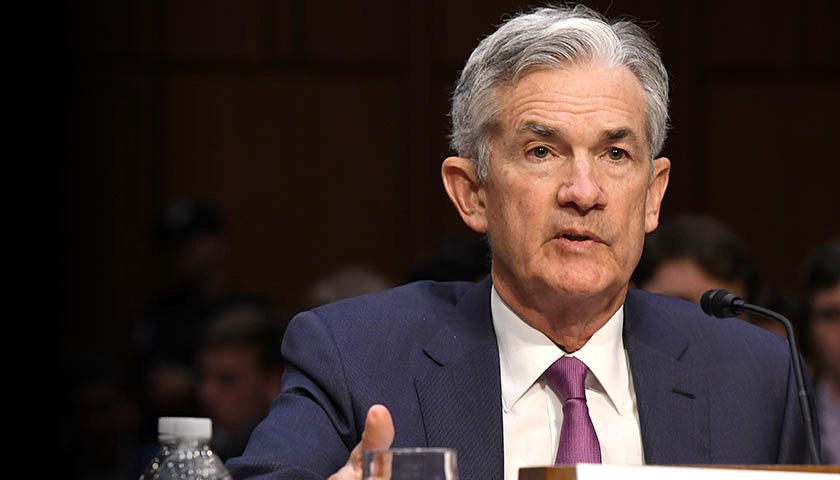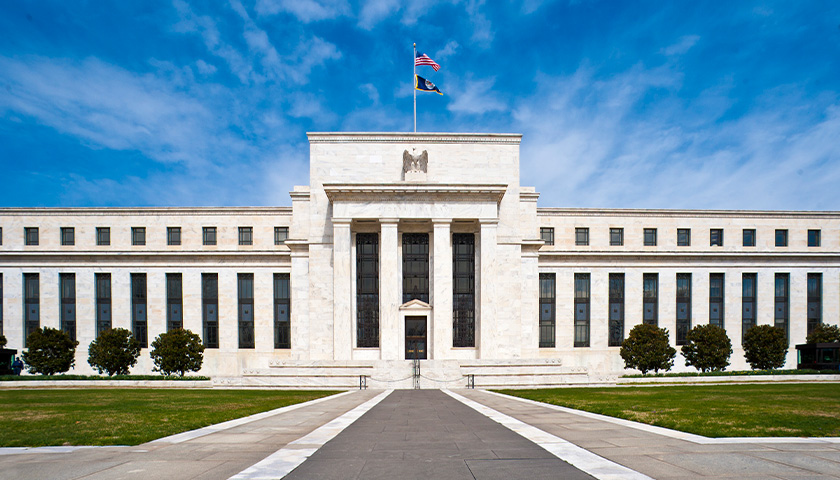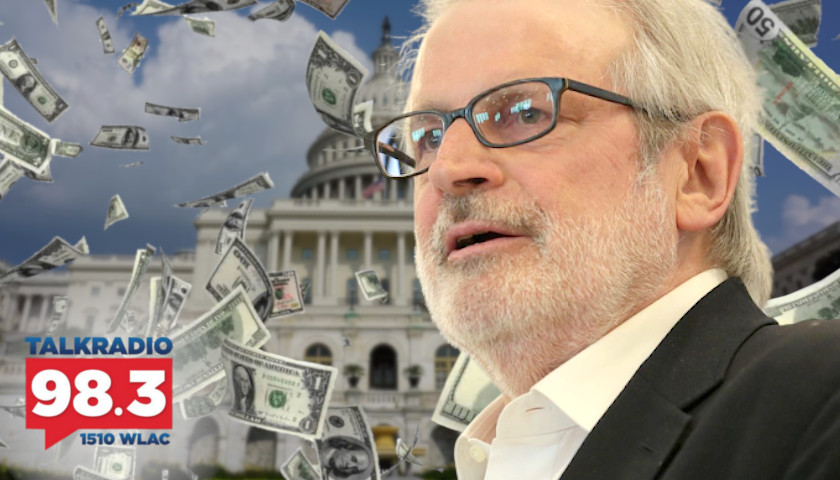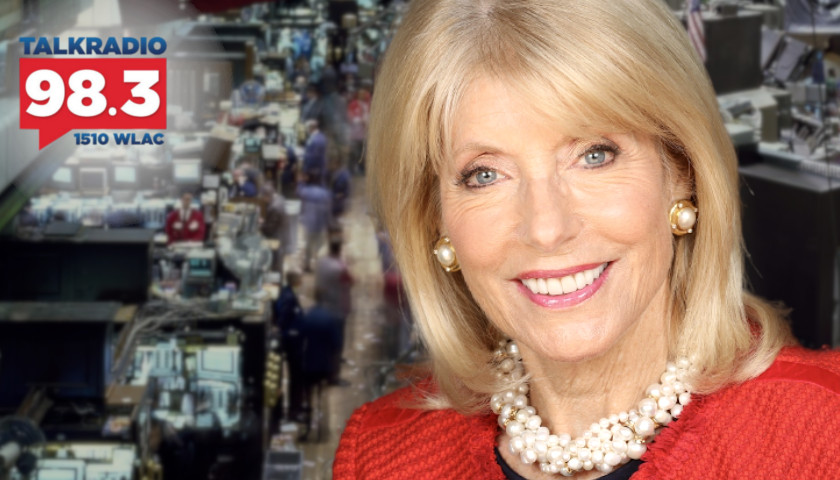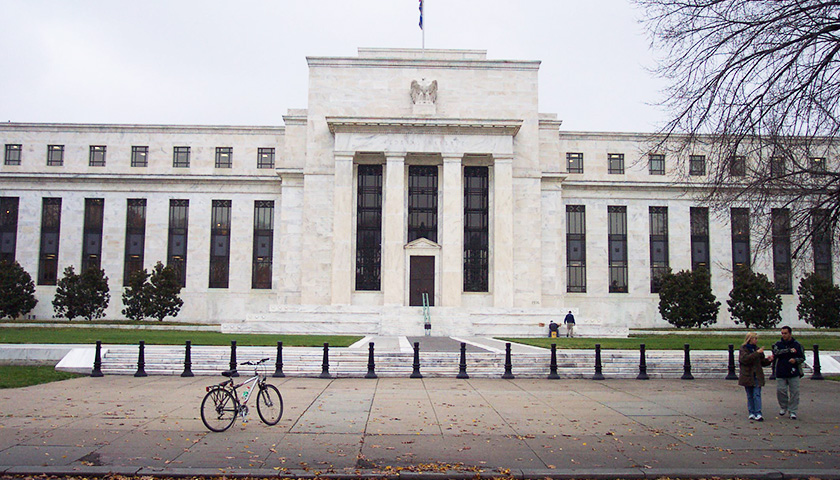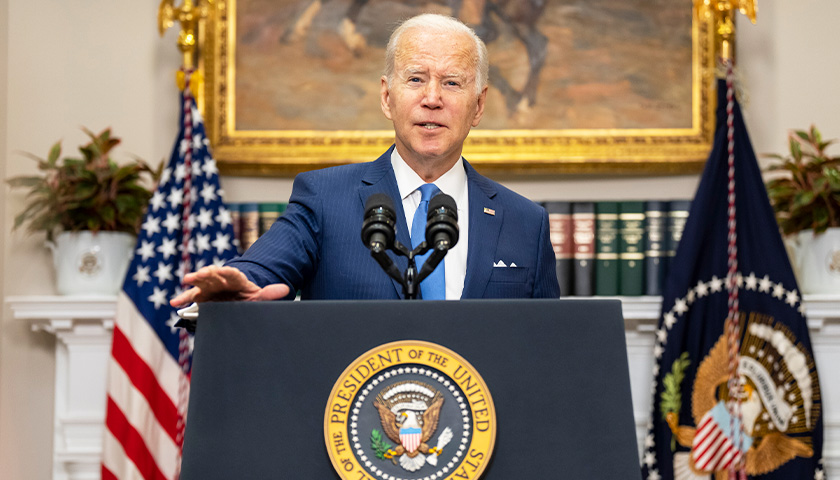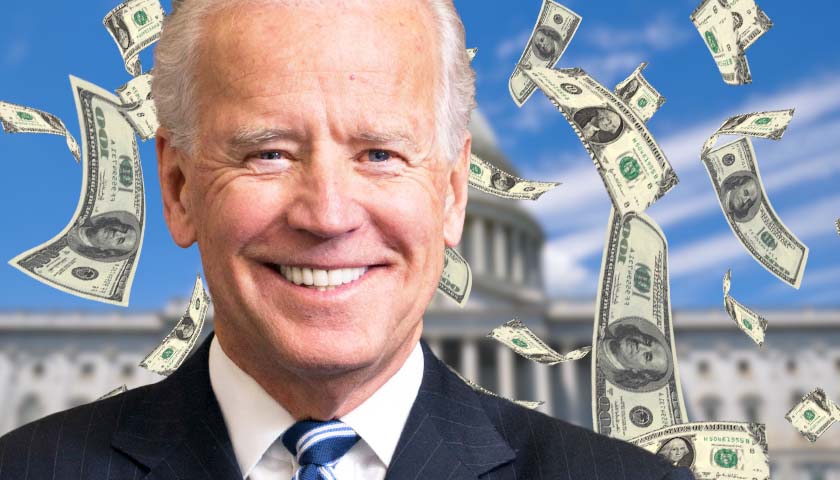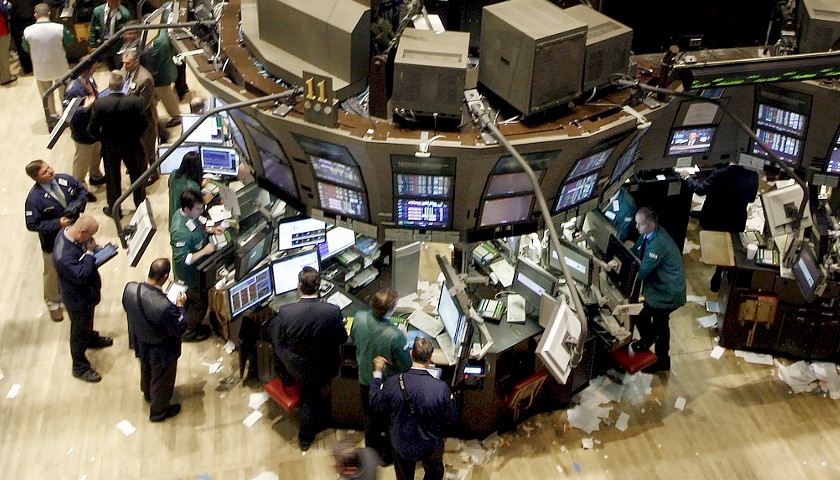The Federal Reserve hiked its target federal-funds interest rate by a quarter of a percentage point Wednesday, the ninth in a series of hikes that started in March 2022.
The hike brings Fed’s target rate to a range between 4.75 percent and 5 percent with the Fed maintaining its pace of slowed increase. Most economists expected a quarter-point interest-rate hike in an effort to bring inflation down, but the current banking calamities contributed to the possibility of a pause, according to Bloomberg.
Read the full story
